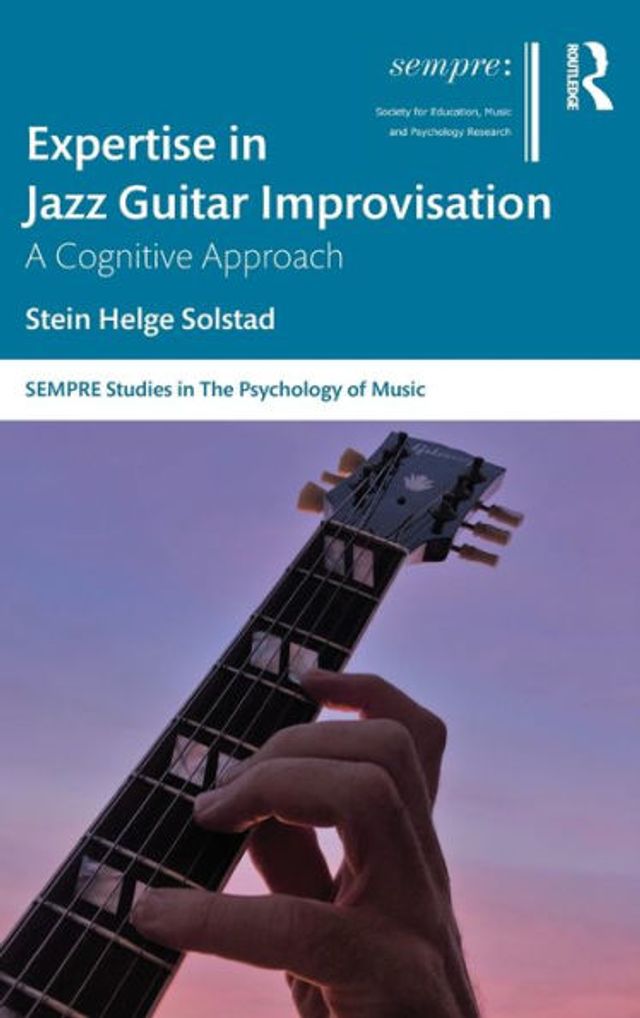Home
Experimentation in Improvised Jazz: Chasing Ideas
Barnes and Noble
Experimentation in Improvised Jazz: Chasing Ideas
Current price: $55.99


Barnes and Noble
Experimentation in Improvised Jazz: Chasing Ideas
Current price: $55.99
Size: OS
Loading Inventory...
*Product information may vary - to confirm product availability, pricing, shipping and return information please contact Barnes and Noble
Experimentation in Improvised Jazz: Chasing Ideas
challenges the notion that in the twenty-first century, jazz can be restrained by a singular, static definition. The worldwide trend for jazz to be marginalized by the mainstream music industry, as well as conservatoriums and schools of music, runs the risk of stifling the innovative and challenging aspects of its creativity. The authors argue that to remain relevant, jazz needs to be dynamic, proactively experimental, and consciously facilitate new ideas to be made accessible to an audience broader than the innovators themselves.
Experimentation in Improvised Jazz
explores key elements of experimental jazz music in order to discern ways in which the genre is developing.
The book begins with an overview of where, when and how new ideas in free and improvised jazz have been created and added to the canon, developing the genre beyond its initial roots. It moves on to consider how and why musicians create free and improvised jazz; the decisions they make while playing. What are they responding to? What are they depending on? What are they thinking? The authors analyse and synthesise the creation of free jazz by correlating the latest research to the reflections provided by some of the world’s greatest jazz innovators for this project. Finally, the book examines how we respond to free and improvised jazz: artistically, critically and personally. Free jazz is, the book argues, an environment that develops through experimentation with new ideas.
challenges the notion that in the twenty-first century, jazz can be restrained by a singular, static definition. The worldwide trend for jazz to be marginalized by the mainstream music industry, as well as conservatoriums and schools of music, runs the risk of stifling the innovative and challenging aspects of its creativity. The authors argue that to remain relevant, jazz needs to be dynamic, proactively experimental, and consciously facilitate new ideas to be made accessible to an audience broader than the innovators themselves.
Experimentation in Improvised Jazz
explores key elements of experimental jazz music in order to discern ways in which the genre is developing.
The book begins with an overview of where, when and how new ideas in free and improvised jazz have been created and added to the canon, developing the genre beyond its initial roots. It moves on to consider how and why musicians create free and improvised jazz; the decisions they make while playing. What are they responding to? What are they depending on? What are they thinking? The authors analyse and synthesise the creation of free jazz by correlating the latest research to the reflections provided by some of the world’s greatest jazz innovators for this project. Finally, the book examines how we respond to free and improvised jazz: artistically, critically and personally. Free jazz is, the book argues, an environment that develops through experimentation with new ideas.


















